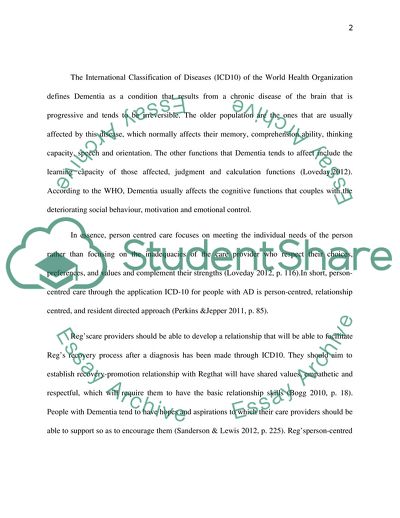Cite this document
(What skills could be implemented to provide person centred evidence Essay, n.d.)
What skills could be implemented to provide person centred evidence Essay. https://studentshare.org/nursing/1881406-person-centred-evidence-based-care
What skills could be implemented to provide person centred evidence Essay. https://studentshare.org/nursing/1881406-person-centred-evidence-based-care
(What Skills Could Be Implemented to Provide Person Centred Evidence Essay)
What Skills Could Be Implemented to Provide Person Centred Evidence Essay. https://studentshare.org/nursing/1881406-person-centred-evidence-based-care.
What Skills Could Be Implemented to Provide Person Centred Evidence Essay. https://studentshare.org/nursing/1881406-person-centred-evidence-based-care.
“What Skills Could Be Implemented to Provide Person Centred Evidence Essay”. https://studentshare.org/nursing/1881406-person-centred-evidence-based-care.


